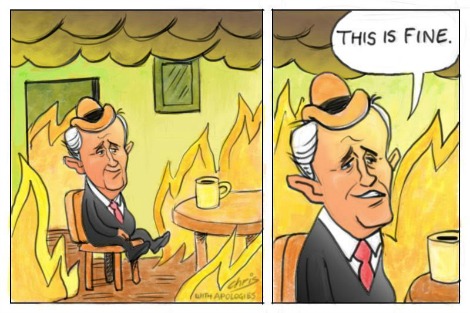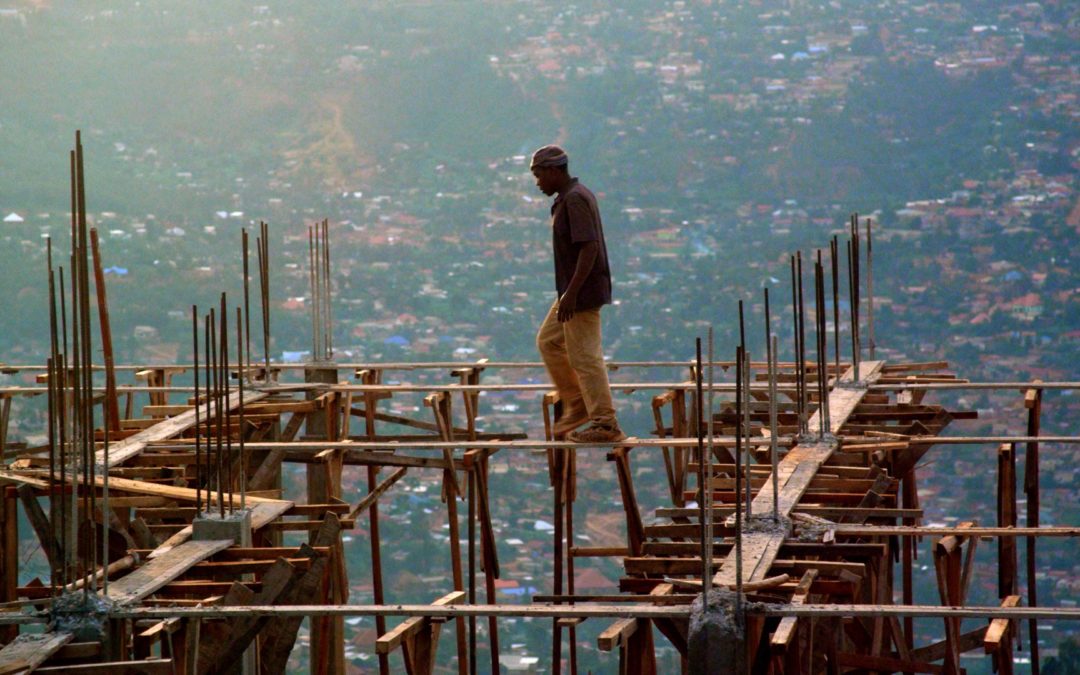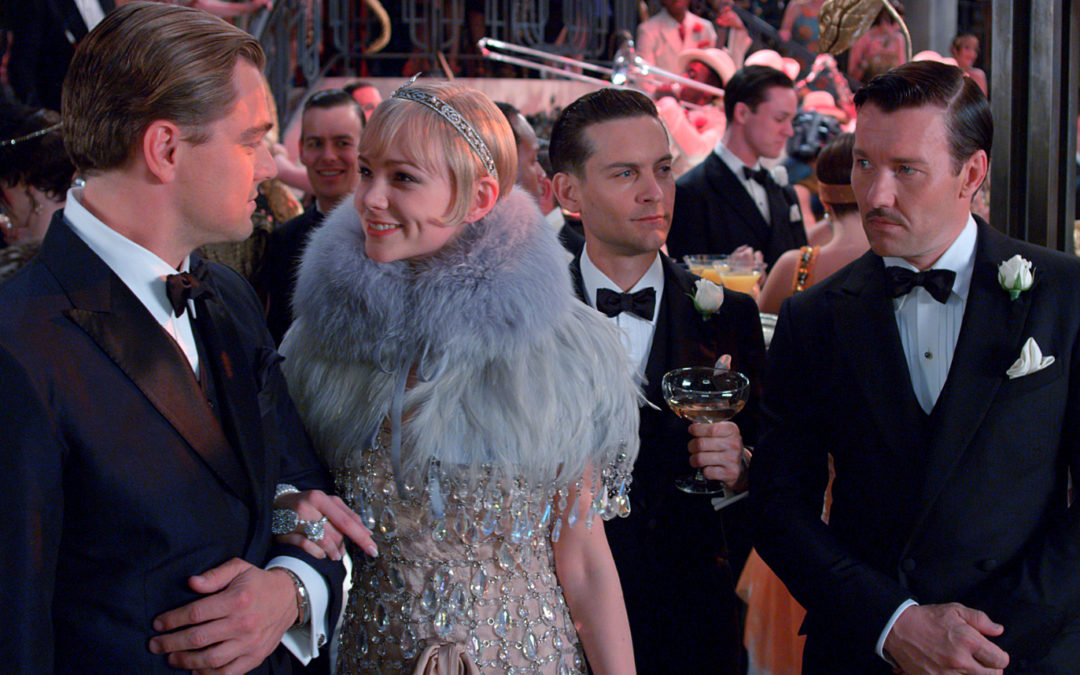
We are all neoliberals now
The Left’s failure is not so much that neoliberalism has failed, but that when it did there existed no alternative that could challenge its dominance.
read more
Warrant for Genocide
The Church’s culpability for the violence that plagued post-colonial Rwandan society, of which the 1994 Genocide was the culmination, extends beyond its role in the invention and advocacy of ethnic ideology. As the violence and anti-Tutsi rhetoric escalated in the lead-up to the 1994 Genocide, the Church preached extirpation from the pulpit.
read more
Democracy is dead. It was killed in plain sight
Democratic states have only ever existed as an ideal – an abstraction more malleable than is often acknowledged and a form of government utterly incompatible with capitalism. ‘We must make our choice,’ warned the American jurist Louis Brandeis, ‘[w]e may have democracy, or we may have wealth concentrated in the hands of a few, but we can’t have both.’ There can be no compromise because between the two because the concentration of economic power is inherently undemocratic.
read more
Hansonism is normal and everything is not fine
This is not the beginning of the normalisation of Hanson and One Nation: it’s the end.
read more
Shakespeare in Rwanda: the white-saviour industrial complex
Like so many other well-meaning white people, Professor Garrod’s motives in going to Rwanda are ostensibly good. Having lost the sense of meaning and purpose he once derived from his Ivy League professorship, he decides to go to Africa to ‘make a difference’. The film charts the months of rehearsals and, over time, his altruistic veneer slips. Just under the surface, a mindset that’s essentially that of the early colonialist – namely the missionary – begins to emerge.
read more
Turnbull to Shorten – it’s about class, old sport
The subtext of Turnbull’s attack was that Shorten, because of his class background and work as a union organiser, is delusional in the same way as Jay Gatsby.
read more